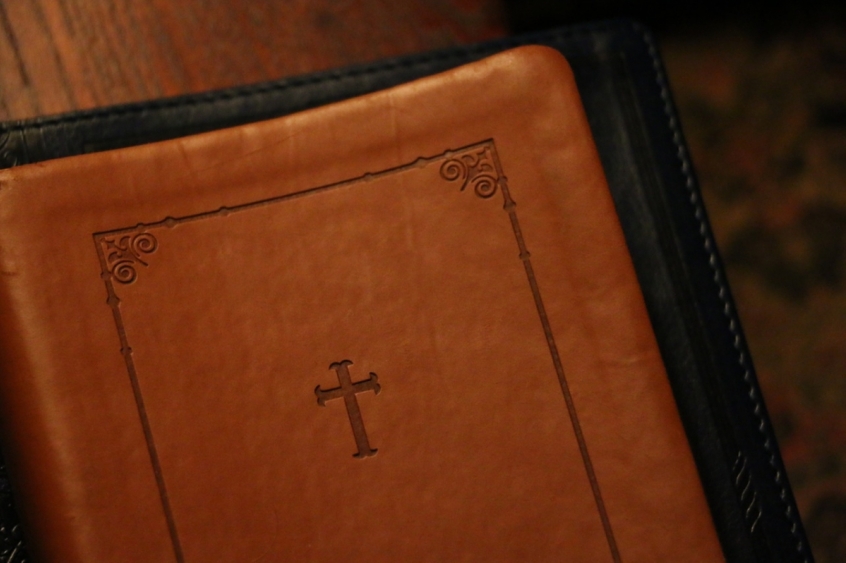
The book of Deuteronomy is the fifth book in the Old Testament Pentateuch or Jewish "Torah." It is the last book that Moses wrote, leading to his death and the eventual rise of his assistant Joshua to leadership over the nation of Israel.
While many people might consider Deuteronomy as merely a long list of laws and rules, it actually serves as a reminder to never forget to honor and obey the Lord our God, who, in the same way He delivered Israel from slavery in Egypt, has delivered us from slavery to sin through Christ.
Deuteronomy defined
The word "Deuteronomy" is "eleh ha-devarim" in Hebrew, which means "these are the words." In Ancient Greek, it is "Deuteronómion" which means "second law" or a "copy of this law," signifying a re-telling of God's laws. In essence, that's what the book does: it is a retelling, a repetition, or a reminder of the covenant that God made with His people.
More than just a reminder, the book of Deuteronomy also serves as a farewell address for Moses. Moses knows that the Lord will not allow him to enter the Promised Land, and that he will be succeeded by his assistant. Thus, he deliberately reminds the people of Israel of their covenant with God in five speeches.
A walk through memory lane
Moses begins Deuteronomy by reminding the people of their journey with God from slavery into the Promised Land thus far. He reminds them of the victories God gave them over their enemies, and how God wanted him to pass the baton to a new generation of Israelites led by a next-generation leader, Joshua, the son of Nun.
A call to be loyal to God alone
Moses then proceeds to remind the people to be loyal to the Lord their God. The people are to have no other God but Yahweh (Deut. 5:6), and they are to follow His commandments. These commandments are not new; they are the same commandments God gave to them in Mount Sinai. Simply put, God was reminding His people, through Moses, to be loyal to Him and remember their sacred covenant – a sacred commitment – to each other.
All through the book of Deuteronomy, Moses details the requirements of the law. He also specifies the curses and blessings one will receive for disobeying and obeying God's laws. God will bless those who honor Him with obedience to His laws.
A final reminder
Towards the end of the book, Moses blesses the people of God, telling them how blessed they are for having the God of Israel as their God. He told them before he died,
"Blessed are you, O Israel! Who is like you, a people saved by the Lord, the shield of your help, who is the sword of your majesty! Your enemies will cringe before you, and you will tread upon their high places." (Deut. 33:29)
A torch to carry
Moses died at the last chapter of the book, but not without commissioning and passing the torch to Joshua. The next book, the book of Joshua, details how Israel entered the Promised Land.
The book of Deuteronomy reminds of us what Christ has done for us. He kept pointing us to the Father, kept reminding us of the Father's love, and wants us to pursue God above all. And like Moses' passing the torch to Joshua, Christ has passed the torch to us: We have been commissioned to preach the Gospel into all the world, so that those who believe can enter God's rest. (see Mark 16:15; Hebrews 4:1,3,7)













